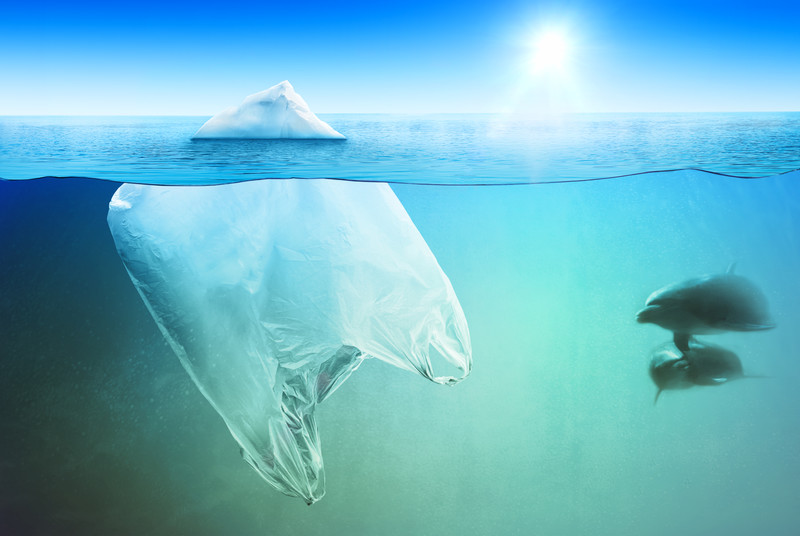In a recent study conducted by California State University, SmartSolve’s biodegradable material was compared to a sample of pure cellulose and bacterial polyesters known for being biodegradable. The biodegradability of waste materials in an ocean environment is important due to the potential impact on the environment and the lifeforms that inhabit it. The conclusion of the experiment found that SmartSolve material passed the established marine biodegradation standards with honors.
The Impact of Ocean Pollution
Insoluble waste such as plastic has a significant impact on the planet’s oceans. Its presence in the ocean disrupts the lives of the vast number of organisms that live in the seas or along the coasts. Whales, dolphins, turtles, fish, and other sea life come into contact with the plastic products, which can either strangle or harm them without a viable way to remove the obstructions. The toxins created by the waste can also affect their health. What makes these products particularly dangerous is both how their presence can wipe out entire species and their permanence in these environments due to their insoluble nature.
The Experiment
CSU’s experiment, initiated by Canaima Technologies and conducted by the university’s Chico Research Foundation, sought to understand the biodegradation of certain materials under standards set by ASTM International’s biodegradation guidelines, ATSM D7081-05.
The samples, one gram of SmartSolve paper and one gram of the ordinary paper, were added to separate jars with 100 ml of ocean water and five grams of ocean soil, at the temperature of 30 degrees Celsius for 182 days. The degradation process was examined weekly via examination of carbon dioxide (CO2), pure cellulose, and polyhydroxyalkanoates (PHAs; a bacterial polyester that is known for its biodegradability), were used as reference points.
The Results
The results of the experiment demonstrated that the SmartSolve material passed the marine biodegradation standards set by ATSM D7081-05 with honors.
The researchers found that the material degraded around 30% more than the celluloid. In fact, the SmartSolve paper sample achieved the required 90% degradation after only 82 days. This is half the time that was originally set up in the test.
Based on these findings, the specialists concluded that SmartSolve degrades at a much faster rate than natural, bacterial polyesters such as cellulose and PHAs.
Make the Safest Choice
As you can see, SmartSolve’s material effectively biodegrades to decrease the negative impact on the ocean caused by plastic pollutants. SmartSolve can help you significantly reduce that harm by converting your products and packaging to SmartSolve’s bio-based material that can help save our oceans and our planet.
Go Beyond Recycling™
Connect with SmartSolve today to explore our line of eco-friendly, water-soluble bio-based products for the good of our planet!
Looking for packaging, labeling, and other eco-friendly, water soluble products?
Consider SmartSolve.
Contact us today to request samples or to receive a quote.
